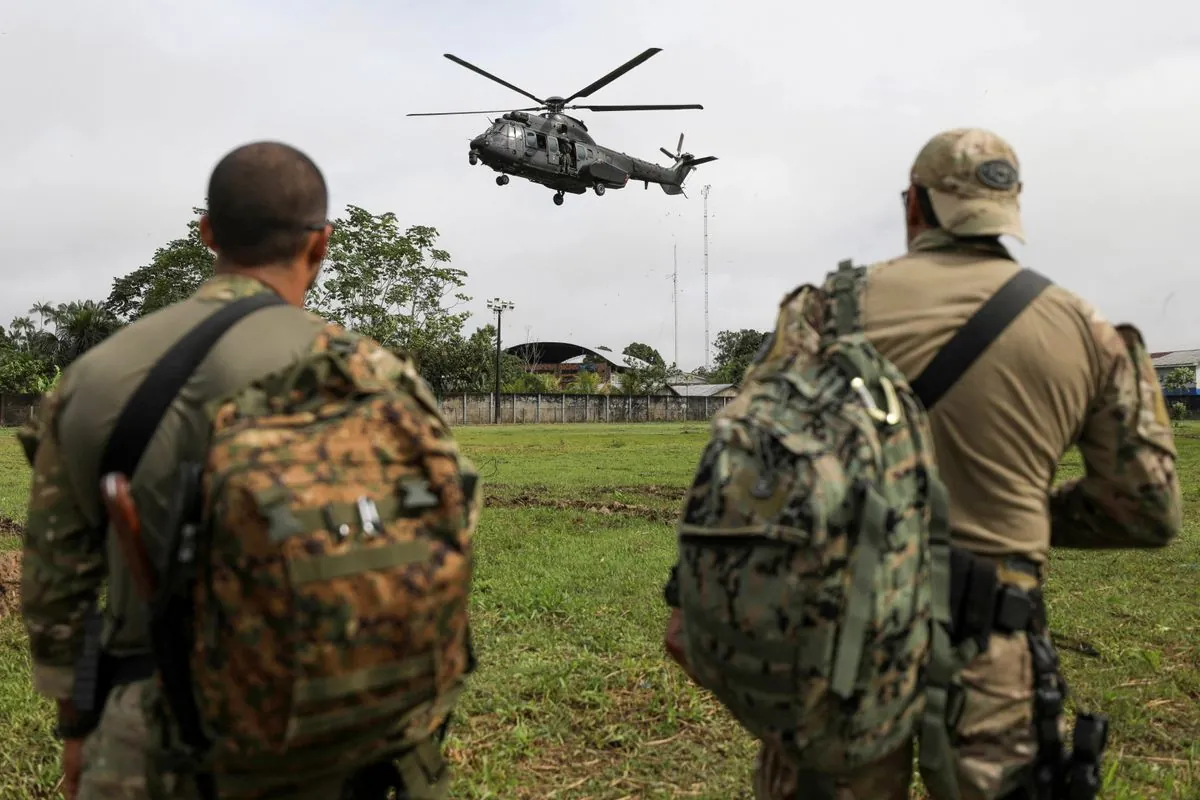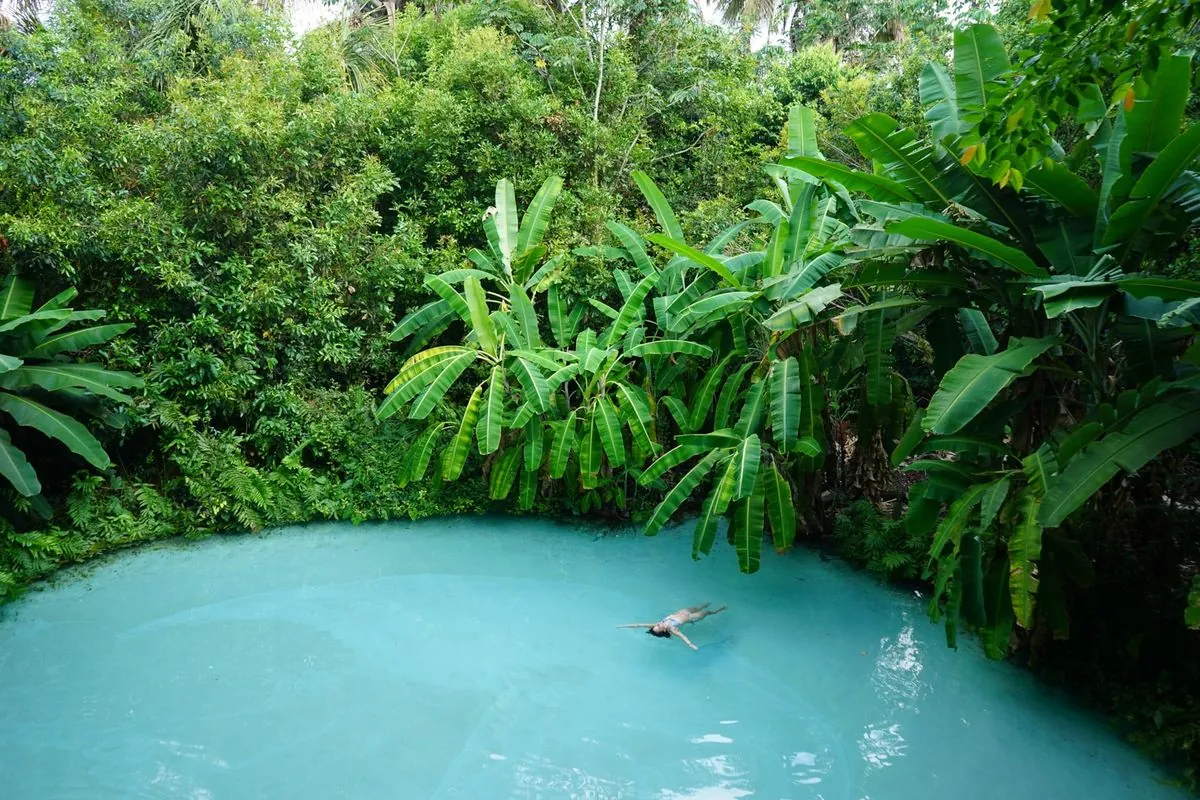Brazil's Tocantins Governor Denies Involvement in COVID-19 Fund Probe
Federal police in Brazil investigate alleged COVID-19 fund misuse in Tocantins state. Governor Wanderlei Barbosa denies wrongdoing, stating he was vice governor during the period in question.

In a recent development, Wanderlei Barbosa, the governor of Brazil's northern state of Tocantins, has refuted allegations of misconduct following a federal police operation. The investigation, targeting the governor and 41 others, centers on suspected fraud and corruption related to COVID-19 funds.
Tocantins, Brazil's newest state established in 1988, has found itself at the center of a controversy involving its pandemic response. The federal police allege that suppliers of COVID-19 related services only partially fulfilled their contracts despite receiving full payment from the state.
The probe specifically focuses on companies that provided food kits as part of a government social assistance program between 2020 and 2021. This period coincides with the height of the COVID-19 pandemic, when many Brazilian states implemented emergency measures to support their populations.
Governor Barbosa, who was elected to his current position in 2022, maintains his innocence. He stated that he is willing to cooperate with authorities and emphasized that he held the position of vice governor during the time in question, suggesting he was not directly responsible for the funds under scrutiny.
"It's in the state government's interest that these facts are properly clarified."
The Tocantins state government has expressed its commitment to collaborating with investigators to resolve the matter.
This investigation comes at a time when Tocantins, with its population of approximately 1.6 million, is striving to balance economic development with environmental conservation. The state, part of the Legal Amazon region, is known for its unique mix of Cerrado and Amazon biomes, making it a hotspot for ecotourism.
While the state grapples with this political challenge, it continues to leverage its natural resources. Tocantins boasts significant hydroelectric potential and is home to the important Araguaia-Tocantins river system. The state's economy, primarily based on agriculture and cattle ranching, has seen rapid agricultural expansion in recent decades.
As the investigation unfolds, it remains to be seen how this probe will impact the state's governance and its ongoing development efforts. The case highlights the broader challenges of ensuring transparency and accountability in the management of emergency funds during crises like the COVID-19 pandemic.

Despite the current controversy, Tocantins continues to attract attention for its natural beauty, including the renowned Jalapão State Park, and its potential for sustainable development. With over 300 days of sunshine per year and a tropical savanna climate, the state remains poised for growth in sectors such as renewable energy and tourism.
As federal authorities delve deeper into the alleged misuse of COVID-19 funds, the case serves as a reminder of the importance of robust oversight mechanisms in public fund management, particularly during times of crisis.


































